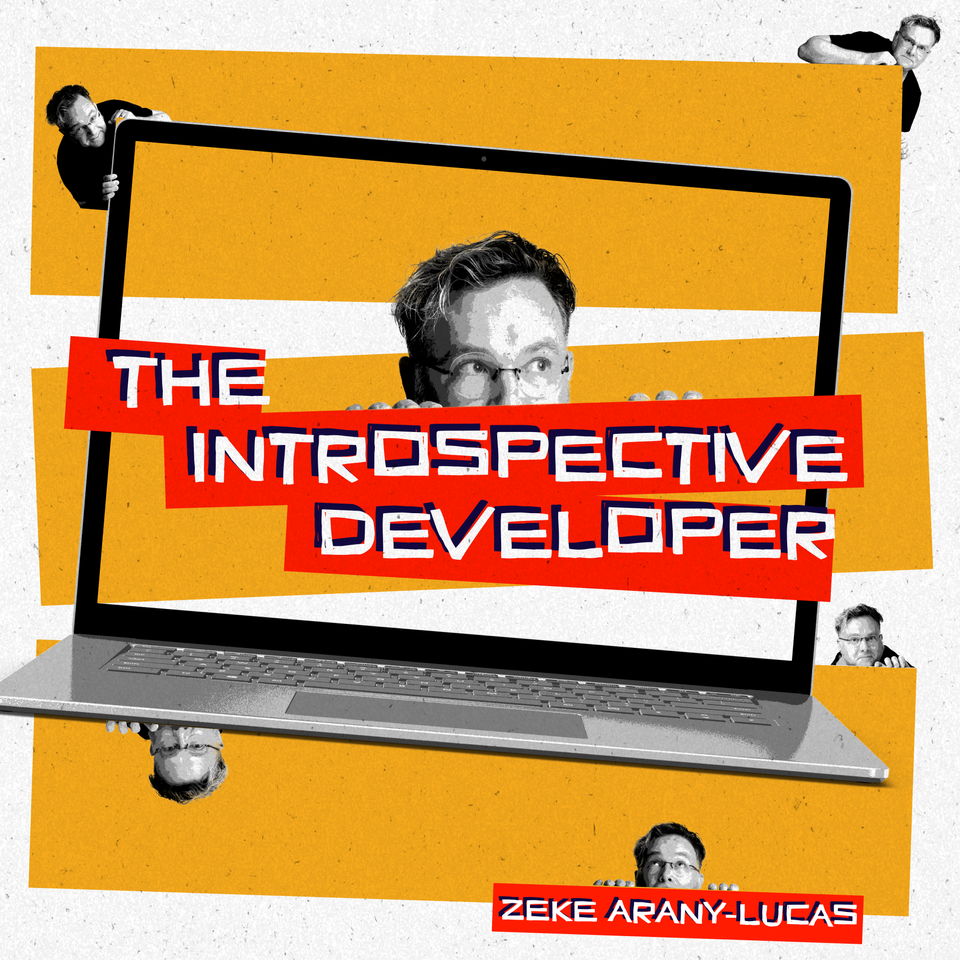About

Before teaching myself to code, I had a GED and a job at a gas station. My first career step was doing customer support at a Microsoft call center, but that escalated quickly with a combination of grit, luck, and passion for learning.
I learned to build software by taking Internet Explorer from nothing to 90% market share with 100s of millions of users. I learned how to build bridges by representing Microsoft to the Department of Justice and getting the first positive compliance review for the US v. MS consent decree. I learned how to build movements by spearheading a migration from Perl to Java that was so huge it took 10 years, 100s of teams, and affected >100k hosts. I learned about building organizations by helping grow multiple teams in the Amazon Berlin office, as it went from 20 people to 1500+ in 7 years.
The most important thing I learned is that people are amazing when they find their own element. By interviewing and coaching 100s of devs over the last 20 years, I thrill to know it’s individuals like you and me that make great things happen when we come together.

I am sharing some of my experience to uplift another iteration of unconventional leaders into tech.
I love finding alternate paths and opening doors. I love helping someone discover their superpower and level up. I also love to read:
- Sapiens: A Brief History of Humankind (by Yuval Noah Harari) – civilization is just a really good narrative implemented.
- Botany of Desire (by Michael Pollan) - symbiotic relationships with plants?! of course, why didn't I notice that before?
- Measuring the World (by Daniel Kehlmann) – Gauss and Humboldt COUNT ALL THE THINGS!
- Right Hand, Left Hand (by Chris McManus) - symbology bound up with physiology, what could be cooler?
- Emperor of Scent (by Chandler Burr) - no scientific field alone would have informed us that we have electron tunneling microscopes in our noses.
- The Happiness Hypothesis (by Jonathan Haidt) - I can defer, distract and instruct, but I don't control the elephant.
- The Language Instinct (by Stephen Pinker) - generative grammars rule my world.
- Sometimes a Great Notion (by Ken Kesey) - who would believe that logging families were so engaging?
- The Secret Garden (by Frances Hodgson Burnett) - is an amazing story of simple liminal experiences leading to rebirth.
- Evening (by Susan Minot) - straight visceral stimulation. a super life-positive book about a person dying from cancer.
- The Grapes of Wrath (by John Steinbeck) - is quite simply the best ending to a book ever.
- God Emperor of Dune (by Frank Herbert) - it's all about the big picture... oh, and ~no fear~.
